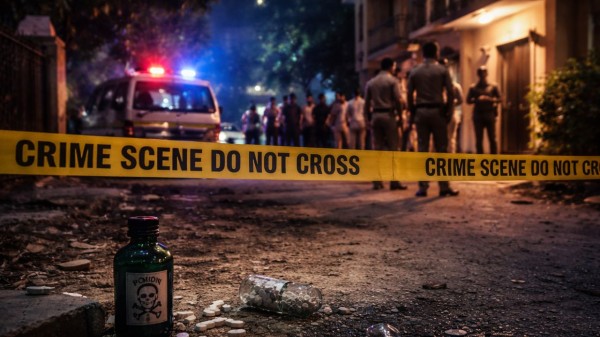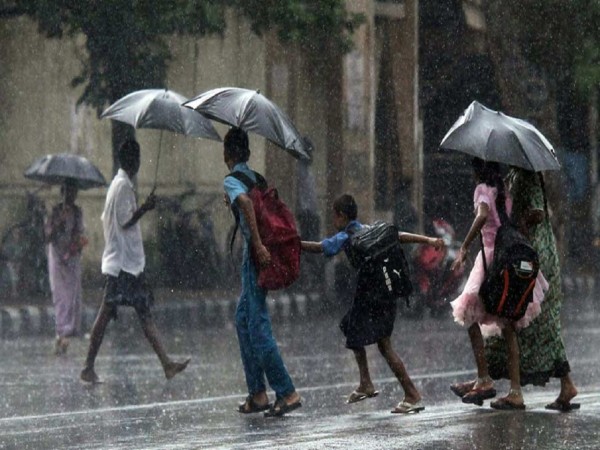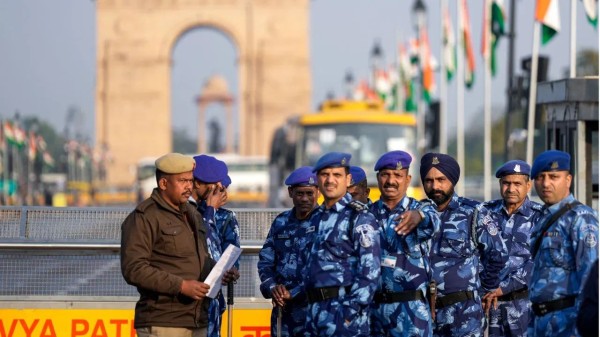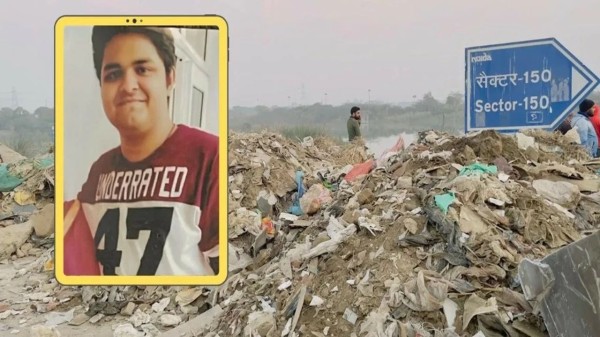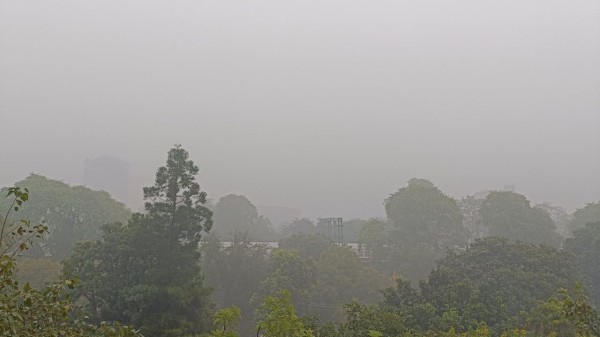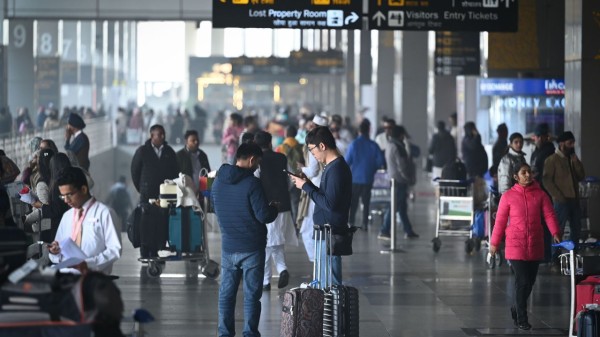

By signing in or creating an account, you agree with Associated Broadcasting Company's Terms & Conditions and Privacy Policy.


By signing in or creating an account, you agree with Associated Broadcasting Company's Terms & Conditions and Privacy Policy.
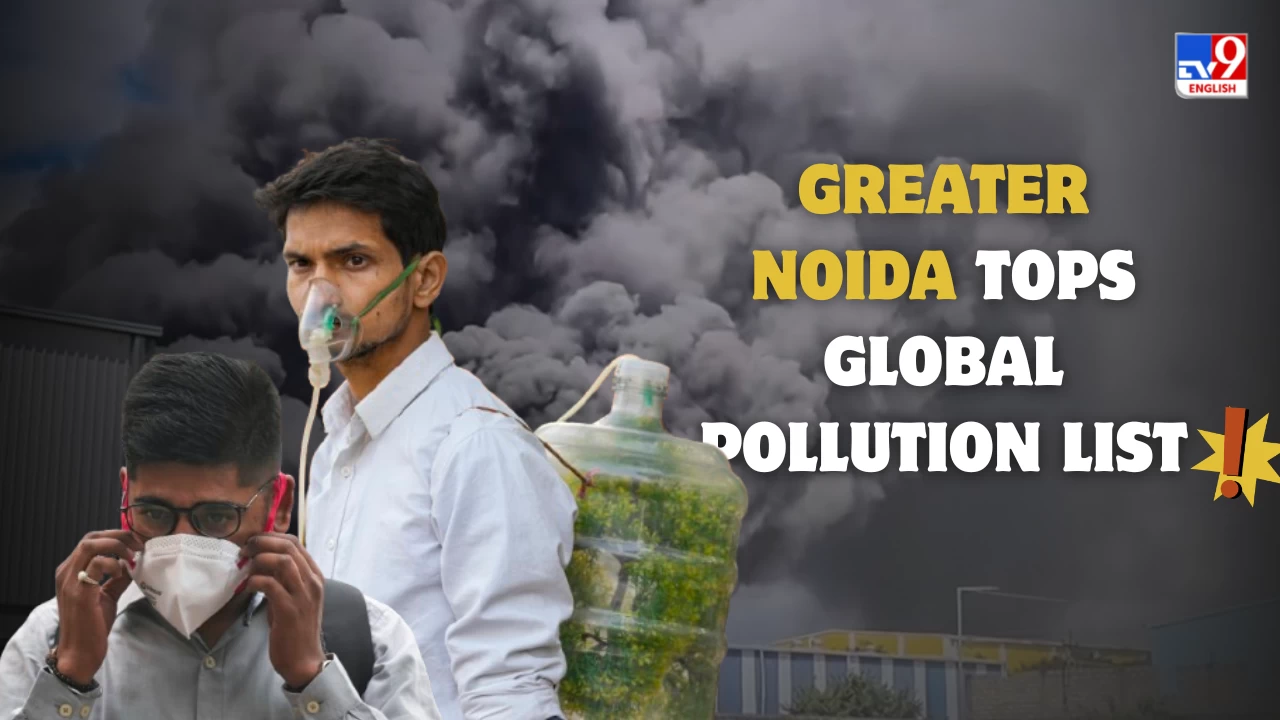
New Delhi: Greater Noida has been ranked the world’s most polluted city in 2024, according to new global air quality data, placing India firmly at the centre of an escalating environmental and public health crisis. The rankings, published by AQI.in, show that all the top 10 most polluted cities in the world are in India, with New Delhi, Noida, Ghaziabad, and Faridabad also dominating the list.
The findings come as a dense, choking layer of smog once again smothered Delhi and its adjoining regions on Friday, trapping millions in hazardous air. While the annual averages place Greater Noida at the top of the global chart, the real-time situation across Delhi NCR remains just as dire. Delhi recorded a very poor AQI of 373 on Friday morning, only marginally lower than Thursday’s 391.
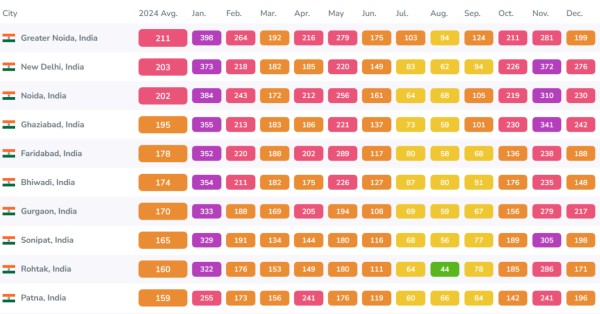
Residents reported difficulty breathing, reduced visibility and a persistent smoky odour across neighbourhoods. Data from the CPCB Sameer app revealed that 13 of 39 monitoring stations in the capital registered air quality in the severe category, signifying extremely unsafe conditions.
The worst readings were logged in:
Only a handful of stations, including IHBAS Dilshad Garden 255, Lodhi Road 286 and Mandir Marg 278, recorded levels categorised as poor.
Delhi’s AQI trend for the week indicates a persistent pattern:
Despite slight day to day changes, the city has remained lodged in the very poor zone, frequently hitting toxic levels.
The Decision Support System of the Indian Institute of Tropical Meteorology estimated that:
The forecast for Friday put these at 16.2 per cent and 1.8 per cent, respectively, reaffirming that Delhi’s toxic air is largely a product of local emissions rather than seasonal farm fires.
Doctors warn of rising cases of breathlessness, eye irritation, asthma and long term lung complications. As toxic air grips schools, workplaces and public spaces, masks are back on the streets and early morning activity has sharply reduced.
With winter conditions likely to worsen the inversion layer, environmental experts say urgent intervention is needed not only in Delhi, but across the entire NCR belt, now home to the ten most polluted cities in the world.
